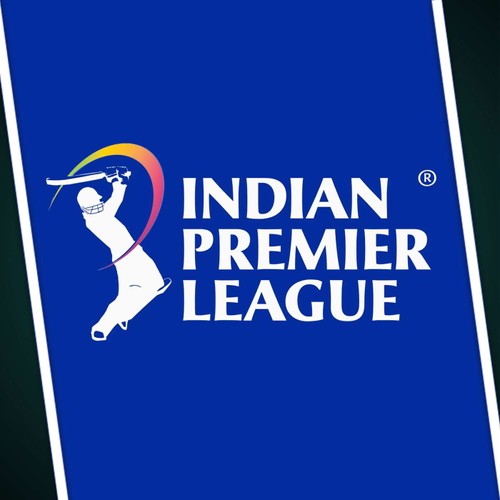
 Acquired
Acquired Indian Premier League Cricket
1791 snips
Mar 24, 2025 Discover the explosive growth of the Indian Premier League, now valued at $16 billion and poised to rival major sports leagues like the NFL. Delve into the cultural significance of cricket in India, where the sport is a national obsession. Uncover the fascinating business strategies transforming the IPL and its integration with Bollywood glamor. Explore innovations in broadcasting and sponsorships, as well as the intricacies of player contracts and salary caps. The excitement surrounding cricket and its evolving media rights paints a lively picture of a dynamic sporting revolution.
AI Snips
Chapters
Books
Transcript
Episode notes
Lalit Modi's Disney Venture
- Lalit Modi, inspired by American sports culture at Duke, partnered with Disney.
- He leveraged his family's tobacco sales force to distribute Disney content in India.
Early Cricket in India
- In the 90s, cricket in India was primarily international, lacking city-based teams.
- This made it similar to the Olympics or international tournaments.
Discovering Cricket Rights
- India discovered its cricket broadcast rights accidentally when South Africa inquired about fees.
- Their initial $20,000 ask was met with a $200,000 offer, revealing the rights' value.

